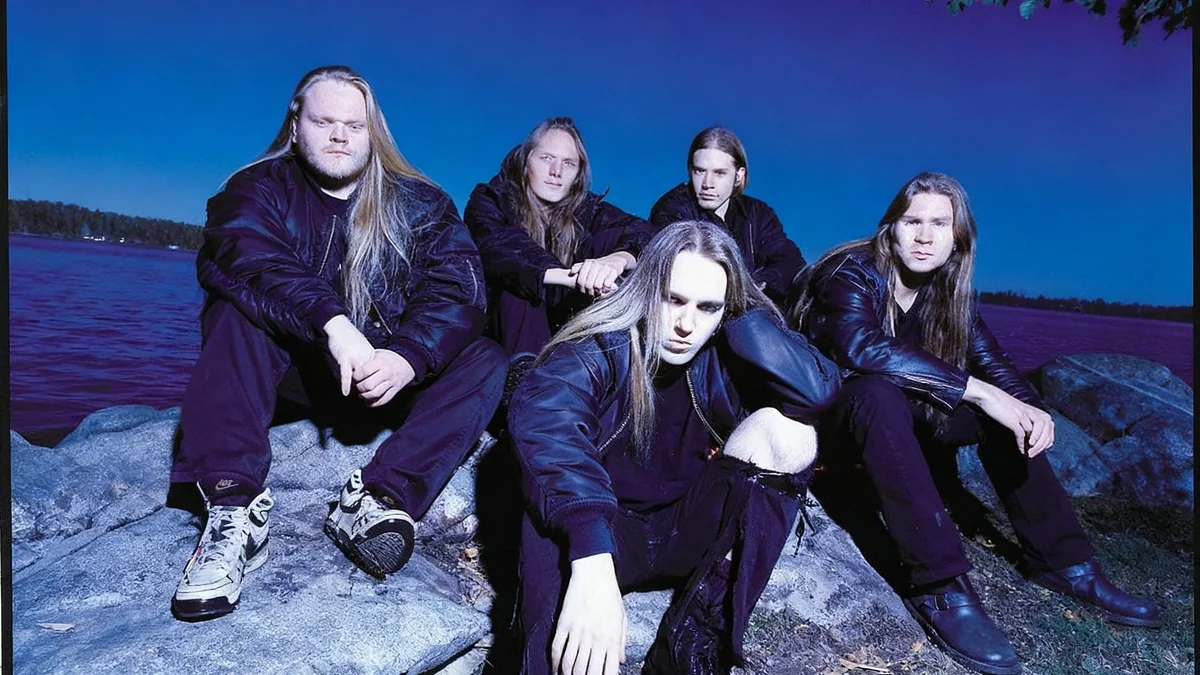John Lennon, a founding member of The Beatles, privately expressed strong opinions about The Rolling Stones. Despite public friendships, Lennon harbored a competitive view of the band, often referring to them with a dismissive nickname. This perspective reveals a lesser-known side of the iconic musician, highlighting his concerns about critical perception and artistic legacy.
Key Takeaways
- John Lennon called The Rolling Stones 'the Rolling Pebbles.'
- He felt The Rolling Stones received more critical adulation than The Beatles.
- Lennon believed critics saw The Stones as more revolutionary.
- His friend Elliot Mintz shared these private sentiments.
- Lennon also felt competitive with Bob Dylan regarding songwriting.
Lennon's Competitive Spirit and Public Image
John Lennon often projected an image of peace and love, but his private thoughts revealed a competitive streak. He was a complex figure, known for his radical views and his constant awareness of his standing in the music world. Even after achieving global fame with The Beatles, Lennon remained concerned about his legacy and how his work was perceived by critics and the public.
His friend, Elliot Mintz, who became close with Lennon in the 1970s, provided insight into these private feelings. Mintz recalled Lennon's frustration over what he saw as unfair praise directed towards The Rolling Stones. Lennon believed The Stones received a level of respect and admiration that The Beatles did not always get.
Quick Fact
The Beatles released their debut single, 'Love Me Do,' in 1962. The Rolling Stones followed with their first single, 'Come On,' in 1963.
The 'Rolling Pebbles' Nickname
According to Mintz, Lennon's frustration sometimes led to him using a derogatory nickname for The Rolling Stones. "When he would get really angry about it, he’d called them ‘the Rolling Pebbles,’" Mintz told Spin magazine. This nickname underscored Lennon's view that The Rolling Stones were a lesser version of The Beatles, despite their own significant success.
Lennon felt that The Rolling Stones were perceived as the true revolutionaries of rock music. He cited songs like 'Street Fighting Man' as examples of The Stones' image as rebels, contrasting it with The Beatles' earlier, more pop-oriented tracks like 'I Want To Hold Your Hand.'
"He felt the Rolling Stones got the kind of adulation and respect that ‘The Mop Tops’ didn’t, and that the Stones were perceived as the revolutionaries because they came forward with ‘Street Fighting Man’ as opposed to ‘I Want To Hold Your Hand’," Elliot Mintz stated.
Perceived Softness and Toughness
Lennon was reportedly pained by the idea that his band was seen as 'softer.' This perception contrasted with comments from other musicians, such as Ian Anderson, who once claimed that Lennon was likely the only Beatle who could handle himself in a physical altercation. Anderson also suggested that Mick Jagger, The Rolling Stones' frontman, appeared too self-conscious to be considered tough.
Despite these private feelings, Lennon maintained a friendly relationship with Mick Jagger. The two spent time together in London, indicating that Lennon's competitive remarks were likely more about artistic rivalry and critical reception than personal animosity.
Historical Context
The 1960s saw a significant rivalry between The Beatles and The Rolling Stones, often fueled by media narratives. While The Beatles were initially presented as clean-cut, The Stones cultivated a more rebellious image. Both bands, however, pushed musical boundaries and achieved immense global success.
The Irony of Critical Opinion
Ironically, at the time Lennon was expressing these private complaints, critical opinion was starting to turn against The Rolling Stones. Following the tragic events at the Altamont Free Concert in 1969, many fans and music magazines began to view the band differently. The incident was seen by some as a dark moment that betrayed the idealism of the 1960s, an idealism that The Beatles had helped to define.
This shift in public and critical perception meant that while Lennon felt The Stones were getting undue praise, the reality was becoming more complex for the band. The narrative around The Rolling Stones was evolving, moving away from an unquestioned revolutionary status.
Motivation and Artistic Drive
Psychologically, it appears Lennon often needed an imagined challenge to fuel his artistic drive. Mintz explained that Lennon also felt a similar envy towards Bob Dylan. Lennon firmly believed he was a superior songwriter to Dylan, describing it as a "love-hate thing."
This need to prove himself, even against perceived rivals, served as a powerful motivator for Lennon. If an artist is already considered at the peak of their career, the question of what to create next can be challenging. For Lennon, having a point to prove, whether against The Rolling Stones or Bob Dylan, seemingly provided the necessary impetus to continue writing groundbreaking music.
This internal dynamic suggests that Lennon's competitive nature was not merely about ego, but a fundamental part of his creative process. It pushed him to strive for more, constantly seeking to surpass others and cement his place in music history.
- 1962: The Beatles release 'Love Me Do.'
- 1963: The Rolling Stones release 'Come On.'
- 1964: Both bands achieve significant success in the US.
- 1969: Altamont Free Concert tragedy impacts The Rolling Stones' image.
- 1970s: Elliot Mintz observes Lennon's private criticisms.




